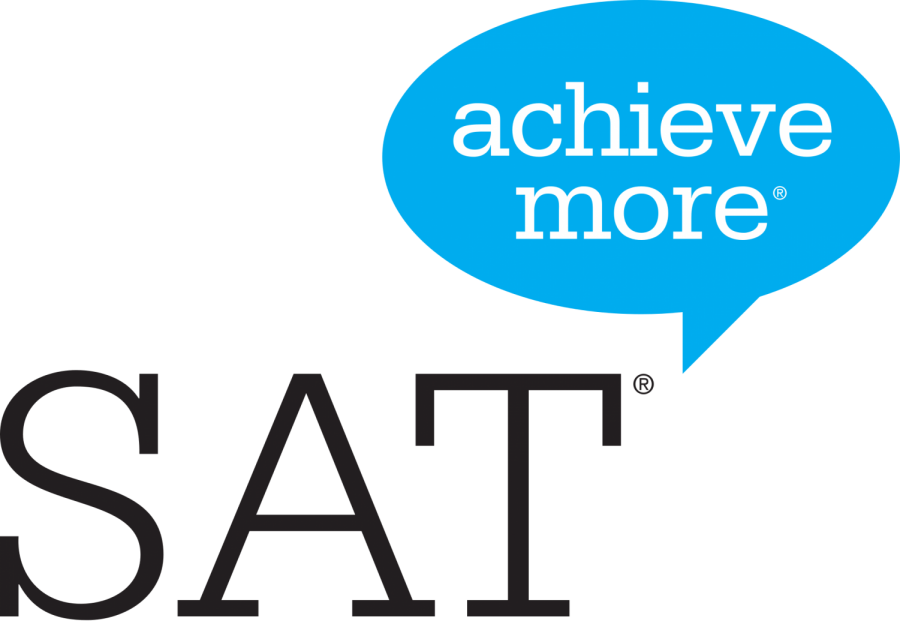Standardized tests do not represent academic aptitude
Observer Opinions
October 19, 2018
Nothing stresses high school students more than grades, AP tests and the SAT/ACT, since these factors are a large part of college applications; but is it really fair to let a couple Saturday mornings determine whether a student is fit for acceptance into a school?
Since 1962, standardized tests like the SAT/ACT have existed and been required for students applying to college and universities. Although some schools are test optional, most schools have not adapted since the 1800’s and put students through unnecessary stress just for a test that does not even accurately represent their level of intellect. The requirement of the SAT/ACT is outdated and should not be essential to the application process for college, as placing all students on the same scale is unfair and can often misrepresent the intellect of students.
Some colleges and universities have become test-optional, meaning they don’t require standardized test scores and claim not submitting them won’t affect the admissions decision. This idea has been adopted within both private and public schools, some of which include New York University, American University and George Washington University.
Introducing this concept has had many benefits to schools and their students, including an overall higher number of applicants, increased diversity within students and a decrease in emphasis on standardized testing, which prevents students from wasting the hours of time, money and effort they would use to study for these tests.
According to an April Inside Higher ED article, schools that have made this change deemed that “the policy had strong faculty support and was seen as likely to boost the diversity of the student body.”
Giving students the choice to not submit their standardized test scores also helps in their college application process, as they are better able to represent themselves through their essays, teacher recommendations and GPA—all things that allow students to show who they are and do not place students on the same one-size-fits-all scale.
According to the same Inside Higher ED article, studies have found that standardized tests fail to identify talented applicants who can succeed in higher education and that applicants who opt out of submitting scores are making a wise decision.
By not submitting these scores, students are placing a higher emphasis on themselves as an individual and less on their skills to succeed on standardized tests. Besides, the tests are more strategy than anything; students who invest in tutors that teach them the strategies are sometimes more likely to do better on these tests simply because they know how to take the test efficiently.
Although schools have seen the positives of going test optional, sources have found that going test optional may be detrimental to a school’s credibility and, in the end, can hurt the school’s reputation. However, many schools choose this route as a way to show that they care more about the student as an individual rather than comparing them all on the same scale.
It is no surprise that the College Board is not a fan of going test optional, though they have their reasons as to why it can be unfavorable to schools.
According to the same Insider Higher ED article, evidence backs the College Board’s view that the best way to predict college success is to review both grades and test scores.
Furthermore, the College Board makes a large sum of their profit off of SAT tests. Each SAT test is $47.50; With the optional essay, the total comes out to $64.50. Similarly, an ACT test is $42.50 for the test itself and $58.50 with the written section.
Still, many believe that standardized tests are the equalizer between high schools and grades. A grade of an A at a competitive high school differs from an A at a low-achieving high school, so the requirement of standardized testing allows for a way to differentiate intellect.
According to an ECHO 2012 article, the SAT is the best way for colleges and administrators to equally compare high school students as there is no other proven way to do so as of today.
Even though that may be the case, it can be argued that students with weaker academic abilities can take advantage of not having to submit their SAT/ACT scores as they can find other ways to impress schools to overlook their GPA.
Nonetheless, going test optional is the best step to take in order to eventually eliminate standardized testing, as placing all high school students on the same scale is unfair and places a larger significance on academics, rather than students as a whole.


